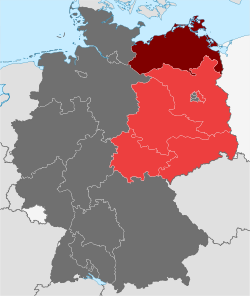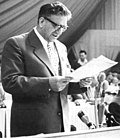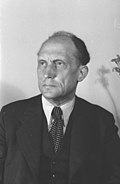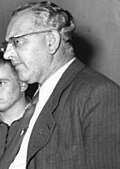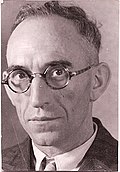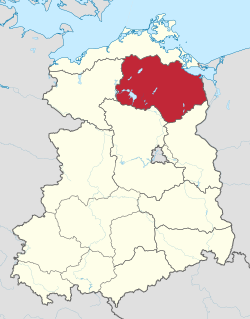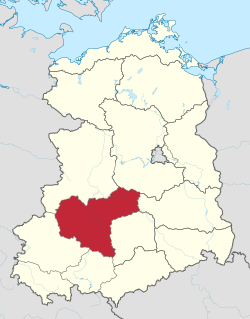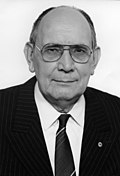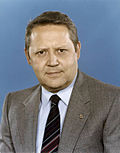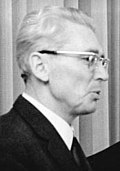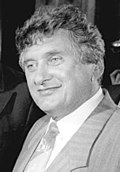 |
|---|
This article lists the leaders of administrative divisions of East Germany , officially the German Democratic Republic (GDR; German : Deutsche Demokratische Republik, DDR). GDR was a country that existed from 1949 to 1990, when the eastern portion of Germany was part of the Eastern Bloc during the Cold War. [1]
Contents
- Officeholders
- States (Länder)
- Regions (Bezirke)
- East Berlin
- See also
- Notes
- References
- External links
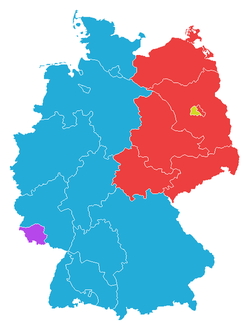
Until 1952, [2] GDR was divided into 5 states (German : Länder), from north to south: Mecklenburg, Brandenburg, Saxony-Anhalt, Saxony and Thuringia.

From 1952 until 1990, [2] GDR was divided into 14 Regions (German : Bezirke), each named after their capitals, from north to south: Rostock, Neubrandenburg, Schwerin, Potsdam, Frankfurt, Magdeburg, Cottbus, Halle, Leipzig, Erfurt, Dresden, Karl-Marx-Stadt (named Chemnitz until the 1953 Karl Marx Year [3] ), Gera and Suhl.
Due to its special status, East Berlin (German : Ost-Berlin) was originally not counted as a Bezirk. In 1961, after the Berlin Crisis of 1961 and the construction of the Berlin Wall, East Berlin came to be recognised in GDR administration as the Bezirk Berlin, though it retained a special status until the adoption of the revised 1968 Constitution. [4]
